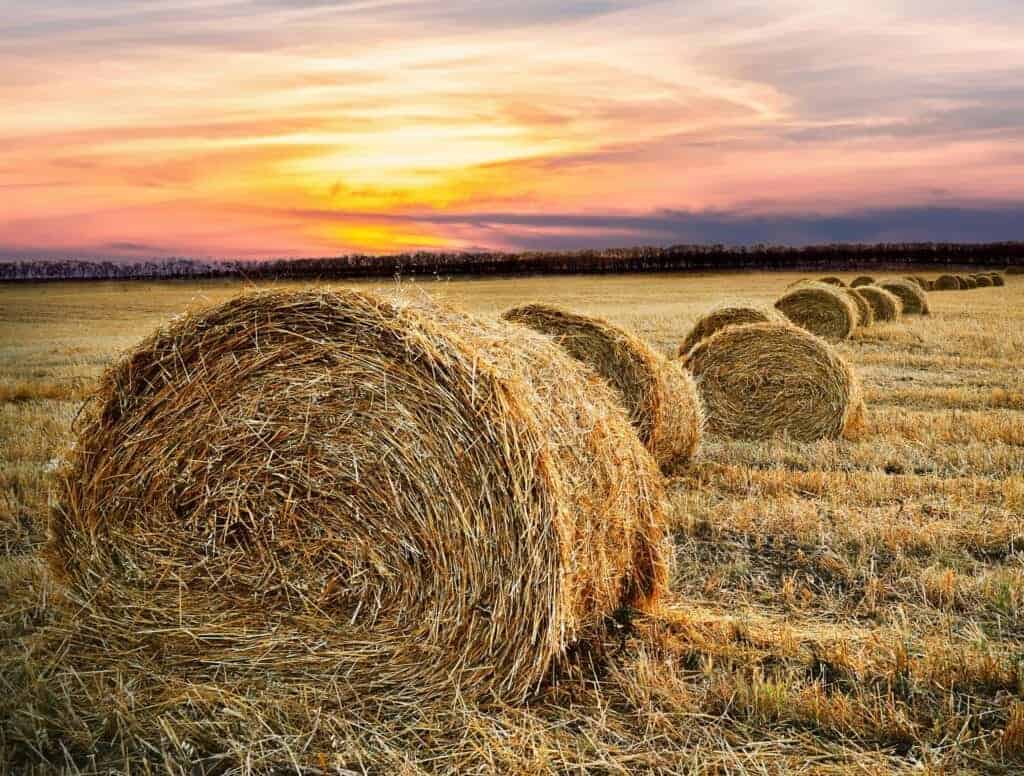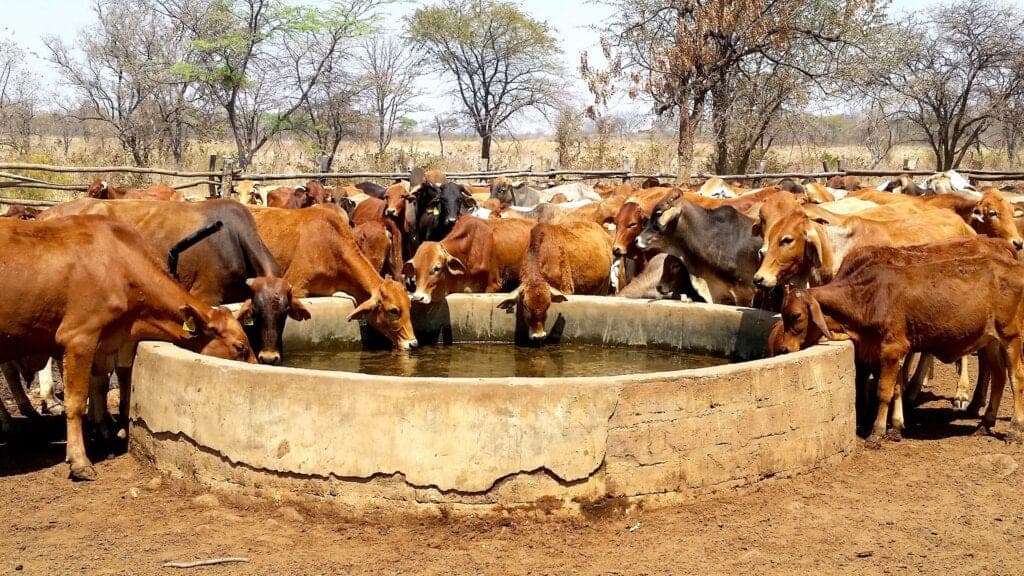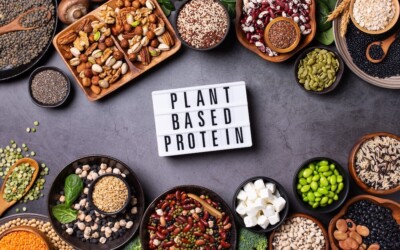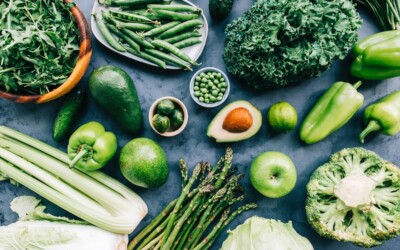The Future of Tech is Vegan – Vegans might have started out as people who consciously decline to consume animals or animal-based products, but their singular actions have more impact for the whole world than they know.
The Vegan Movement gained more traction. They examined it closely last 2019.
On closer inspection, one thing becomes obvious: if there is one thing the world doesn’t talk about well enough; it is how veganism is saving the environment.
How so?
Table of Contents
Farming
The purpose of farming is to feed the human population. However, most people farm to feed the animals.

Since the demand for livestock and meat is high, more farmers are investing in the business. This creates an uncanny demand for their sustenance too, and that stands at about 700 million tonnes of food.
If this is kept up, with the rate at which the world’s population is exploding, there would be no food left to feed humans soon.
Land
Of all the farmlands in the world, a massive 83% is dedicated to livestock farming alone. This shows how much of land which can be used to cultivate healthy, plant-based diets have been converted for livestock instead.

Of course, it could be argued that plants do not need all that land as long as the proper planting and spacing techniques are used. However, we should take into consideration the fact that we are fast running out of the land. This is the kind of situation that leads to extended deforestation for the sole purpose of generating more land, so to speak.
Besides the obvious damage that is caused to the environment by driving off natural plant species, displacing animals from their natural habitat in this way also causes an imbalance in the ecosystem.
Water Usage
Water bodies and water itself suffers largely from a meat-based diet.
On the bigger scale, it is estimated that majority of debris in the Pacific Ocean comes from fishing gear alone. Seeing as the fishing sector is one of the biggest in the agricultural industry, best believe those stats are not going down anytime soon if nothing is done about them.

At the same time, an obscene quantity of water is used on farms for livestock farming. Where a kilogram of corn would take about 500 litres of water to produce, one kilogram of beef will take up to 13,000 litres of water.
By a long stretch, that is surely water which could have been better spent elsewhere.
Deforestations

Already mentioned above, this deserves a section of its own too.
Remember how 83% of all farming lands are dedicated to livestock? Recall how the world’s population will keep growing? Notice how this will occasion an increment in the size of available farmlands?
It is, thus, little wonder how deforestation gets into the equation.
Clearing large expanses of land and stumping trees might serve the purpose of ranching animals, but that contributes in no small deal to climate changes from all around the world.
How Technology is Helping
We cannot just ask that the world stop eating meat without giving anything else in return. That is why certain labs have started growing plant-based meat solutions as a viable alternative.
Made entirely from plant products, these meat alternatives are developed to have the same nutrients and aroma as normal meat. When cooked, they even look and taste like the real stuff.
On the other hand, sensors in wildlife conservation areas, controlled hinting zones, and forests are helping regulators catch animal poachers in the act. Trained to listen for traps, guns and other hunting-related sounds, these sensors will pick up distinct sounds from several miles away.
Leveraging IoT technology to work, these sensors will need to be secured and encrypted (most likely by layering a VPN on the Wi-Fi network) to prevent manipulations lest their purpose is defeated.
Deployed right, though, technology can help us get out of this bind before it becomes even more serious.
By Chris Jones @TurnOnVPN (Guest Blogger)
28th January 2020
You can also check out other Plant-based Knowledge:
https://strongwithplants.com/the-truth-about-figs-is-it-vegan-or-not/
















0 Comments